Citizenship at retirement age in saipal
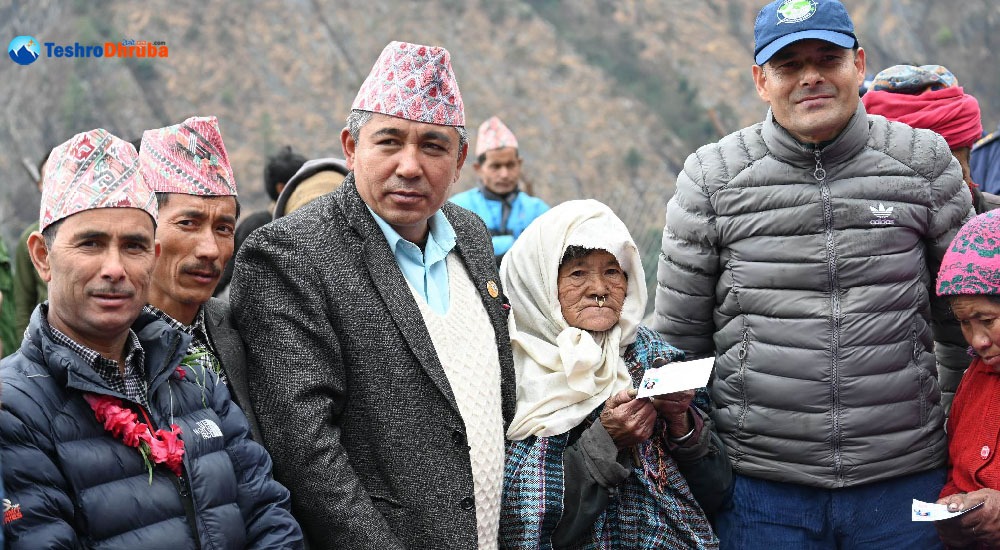
7 Chait, Bajhang. Saipal’s Balodi and Dhuli are the last inhabited villages in Bajhang. The relationship between the two villages situated right next to each other near the mouth of the Seti river is connected only after the river’s flow subsides.
The river has also separated the language, dress, behaviour, customs and culture of the two neighboring villages. This situation has arisen due to lack of regular contact between the two villages. Keudi Bohra, a resident of Balodi of Saipal Rural Municipality-5.
After a week, he will be exactly 68 years old. She became an official citizen of Nepal after 67 years 11 months 21 days of birth (Born: 2012 Baisakh 13). But Kudi is not aware of this.
On Saturday, the team of Chief District Magistrate Narayan Pandey reached Saipal’s Dhuli and handed over citizenship to Kud. His brother Goma identified him. Goma took citizenship in 2063 from the mobile camp that reached Kanda. No one in the camp talked about giving citizenship to Didi, nor did Goma know about it.
No one in the village knew whether they would give citizenship to the Bohras who could not speak. Goma said, ‘I did not know that citizenship is required.
Goma doesn’t even see the meaning of having citizenship or not. Goma said, ‘I had taken citizenship a decade and a half ago, it is not working anywhere. You told me to keep it, I kept it. I don’t even understand its meaning.
Not only this, Goma does not even know Bajhangi language. She understands only the language spoken in her village. According to Dolma Tamang, vice chairman of Saipal Rural Municipality, it was earlier heard that Goma had a wife and a child. ‘Now there are only sisters in the house. He said, “We have made preparations to give unmarried men and old age allowance from the municipality to the sisters without income and support.”
Khinturi said money doesn’t mean anything, ‘he doesn’t even know what money is. What else is there to know about its necessity!’ Says Speaker Bohra. Although the people of Balodi have obtained citizenship, but most of them have not been able to use it anywhere.
Khinturi Bohra of Balodi passed away at the age of 51. Khinturi, daughter of Virjit Bohra and Basnadevi Bohra, was also granted citizenship on the same day by the District Administration Office, Bajang. Khinturi, who is suffering from mental problems, has no idea about his citizenship or even about himself.
Khinturi, who has been suffering from mental problems since birth, spent five decades in the village. Manveer Bohra, chairman of Saipal Rural Municipality, said, “We asked him to bring Dhuli Mavi to give citizenship on Saturday.” Later, the relatives found them and brought them. She started crying, we all reminded her and handed over the citizenship to her. We also gave one thousand to twelve hundred rupees.
Khinturi said money doesn’t mean anything, ‘he doesn’t even know what money is. What else is there to know about its necessity!’ Says Speaker Bohra. Although the people of Balodi have obtained citizenship, but most of them have not been able to use it anywhere.
Citizenship has become useless even for Sablang Gomas. Since there is no state presence in the village, Goma is ignorant of everything. For them the world is dirty, sandy, low.
Citizenship is an important basis for enjoying basic civil rights guaranteed by law, such as recognition by the state of its citizens, education and business. A person without citizenship cannot do anything.
Chief district officer Pandey said, “Many people in Dhuli and Balodi do not understand the importance of citizenship. Khinturi and Kaudi got citizenship late in life.” Now the guarantee of its importance should be given to the local government. He said that after citizenship, the basis for getting services from the state has been prepared.
“If there is no presence of the state, there will be no awareness among the people,” he said. We have come to Saipal with the idea of shortening this long distance. “No officer is ready to go to Saipal,” he said.
More than a dozen women were sitting behind the platform where Khinturi and Kaudi were being given citizenship. After Prajia Pandey explained the importance of citizenship and service facilities, the woman started crying bitterly. When Pandey looked back and talked about citizenship, he found that two people have not taken citizenship. After hearing that women aged 45-45 haven’t got citizenship, Pragya suggests they approach the ward office and start the process of citizenship.
Prajia Pandey said, “Like before, the idea was to bring a mobile camp to give citizenship in the village. There is no handwritten citizenship like before. Internet will not work in places where there is no electricity after going digital. We asked the district to make all the preparations.” Later two of them have been given citizenship.
Sub-section (1) of Article 10 of Part 2 of the Constitution of Nepal states, ‘No Nepalese citizen shall be deprived of the right to acquire citizenship. Clause (2) of Article 11 also states that a person who has permanent residence in Nepal at the time of commencement of the Constitution shall be deemed to be a citizen of Nepal by virtue of descent and citizenship granted. But due to the distance of Saipal, the distance between the state and the subjects has become even longer.
lifelong health problems
There is little medical care for the sick in Saipal. 50-55 percent of the patients who depend on herbs in the village are dying. In some villages of Saipal, Dhami Jhankari, Vaidya, village head, headman, who do not have access to Citamol, believe in it.
Local people say that due to the belief of Dhami-Jhankari, Khinturi became mentally ill. 10 years after the birth of Khinturi she fell ill. There was no change in his condition until he received medical treatment. Khinturi has not even seen the door of the hospital. Local Rayam Bohra said, “There are so many minor patients, we don’t have the capacity to reach the district hospital. Even the village hospital doesn’t get anything except Citamol, that’s far away.”
He said that the income of many families in Saipal is very low. “Not everyone in the village has food, they want to buy rice for two to four months instead of spending Rs 25,000 on citizenship,” he said. According to him, 30-40 percent of those who have reached the age of majority in the municipality have not yet received citizenship.
According to Bohra, the eye camp was organized last year in coordination with the municipality, the state government and the eye hospital. Many people got benefited from it. After that the health camp was not organized. “If there was a big health camp in the municipality, many patients would be treated”, he said.
Savik’s Kanda village is the largest village in Nepal in terms of area. Now that village has become Saipal Rural Municipality. Saipal occupies about half of Bajhang. Bohra said that it takes up to seven hours to reach from one village to another in a municipality with five wards.
On the other hand, Chairman of Rural Municipality Manveer Bohra says that treatment of patients with all kinds of health problems is possible only through the camp. It is a very distant place. He doesn’t care about the sick. A helicopter had to be booked for two or three people involved in a major accident. Those who are more ill should be brought to the headquarters on a stretcher even after a week.
25,000 for to and fro head office
One has to walk for 6 days to reach Saipal’s Nyuna, Dhuli, Balodi and other villages from the district headquarter Chainpur. Since last year, a jeep road has been made from Panalt to Panalt, so the walking distance has been reduced by two days.
Saipal residents have to spend more than 10 thousand to reach the district headquarter. President Bohra said, “The people of Dhuli-Balodi should be allocated 20,000-25,000 rupees, which the state will give free of cost, to get citizenship”, “Without that much money, they will be stranded.” There is a lot of expenditure on food, accommodation and commuting on the way. That’s why many people are not interested in citizenship.
He said that the income of many families in Saipal is very low. “Not everyone in the village has food, they want to buy rice for two to four months instead of spending Rs 25,000 on citizenship,” he said. According to him, 30-40 percent of those who have reached the age of majority in the municipality have not yet received citizenship.






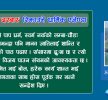

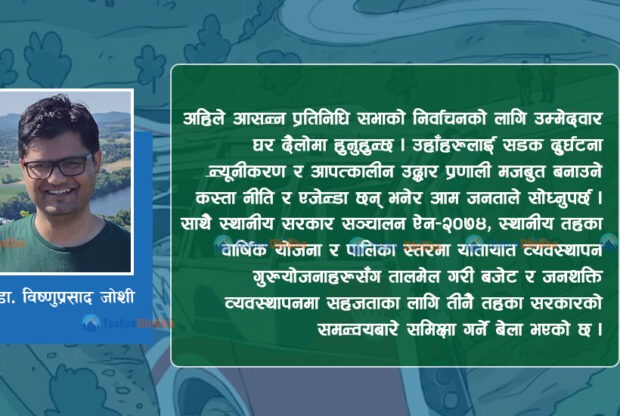
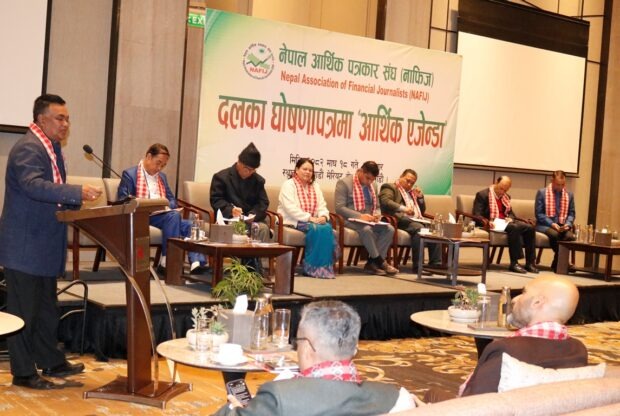
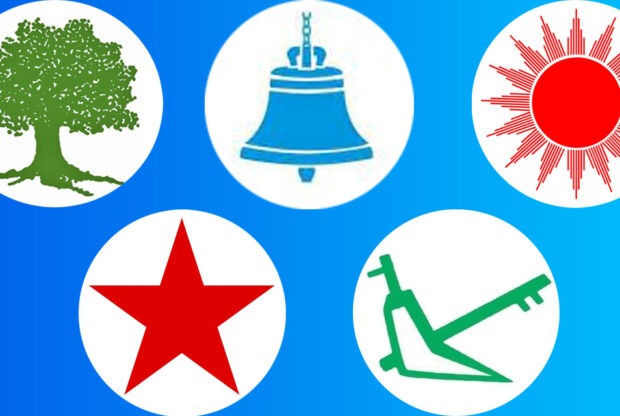

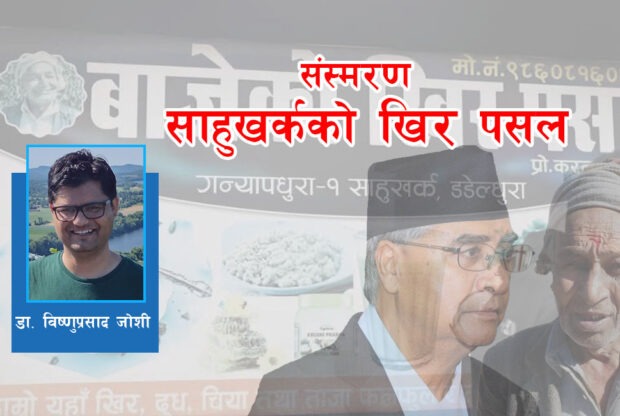
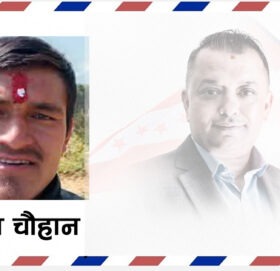

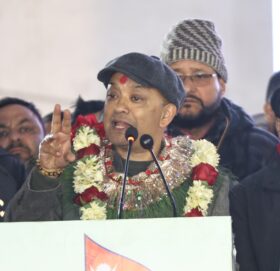
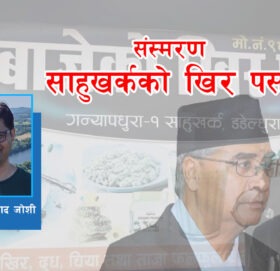
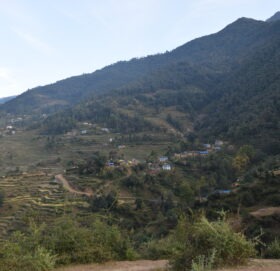





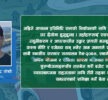
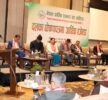


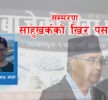
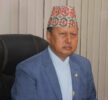



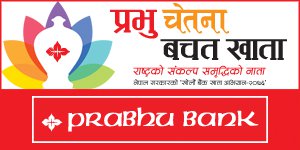



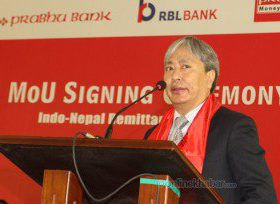
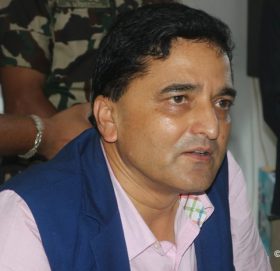
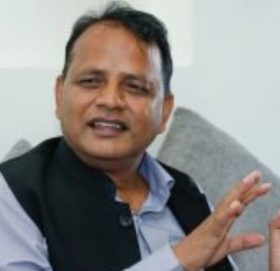
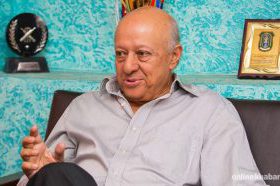


फेसबुक प्रतिक्रियाहरु